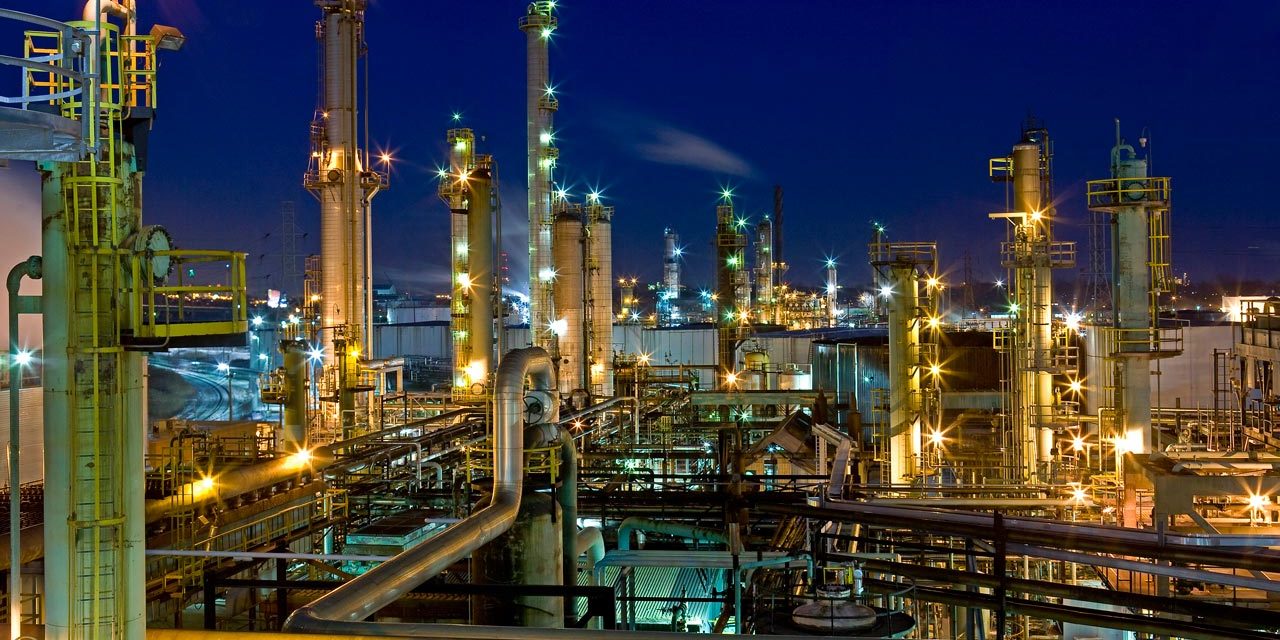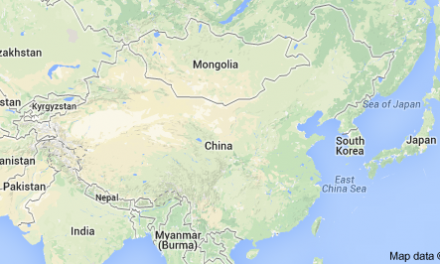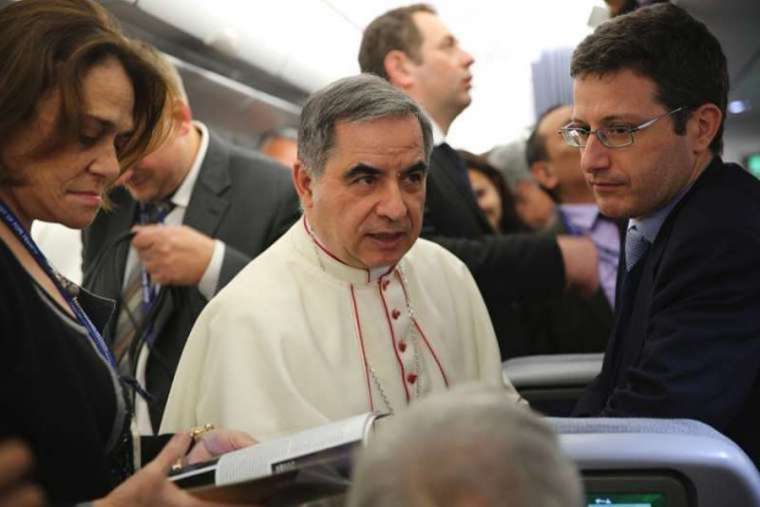Nigeria oil industry
12 January 2021
President Muhammadu Buhari promised during his presidential campaign in 2015 to end all forms of corruption in Nigeria. Initially his anti-corruption drive was praised by governments like United Kingdom. Five years have passed there in no improvement in the corruption in the country. Buhari himself may not be corrupt. But that cannot be said of his associates. If at all, the Nigerian government’s efforts are directed at Buhari’s political opponents. Nigeria currently ranks 146th out of 180 countries in the 2019 Corruption Perceptions Index of Transparency International (148th in 2017).
One of the aims of the administration is to ramping up indictments. This has happened. But it has also been been marred by human rights abuses and disregard for the rule of law. Even though indictments have increased, there has not been a corresponding increase in conviction. This points to possible corruption in the administration.
Nigeria introduced the Treasury Single Account (TSA) and the whistle-blower program to ensure transparency in the management of public funds. Due to poor management the TSA has not produced the transparency in the disbursement of public funds. TSA program also lacks the necessary legal framework for its implementation.
Any whistle-blower program requires legal backing and guaranteed protection for the whistle-blowers. These are absent in the Nigerian scene. Buhari administration is proposing to create a new agency to manage the funds recovered through the anti-corruption measures. This proliferation of anti-corruption agencies will only clog the wheels of administration and will not contribute to routing out corruption.
Nigeria is Africa’s largest oil producer. People living in the oil rich Niger Delta live in abject poverty. Besides oil, Nigeria is booming with film, fashion and music industries. Ethiopia and Kenya that have under 24%and 16% of their people living in poverty, respectively. But 50% of the Nigerians live on less than 2 dollars a day. Ethiopia and Kenya do not have oil.
According to some experts some of the oil revenue goes to finance rising debts, some to fund the budget and the balance goes into the pockets of individuals.
Oil extraction is carried out be international companies. These companies sell the crude oil to other countries. Then Nigeria imports billions of dollar worth of refined oil products back to the country. These companies sell Nigerian oil at a discounted price to their own subsidiaries in a tax havens and then sell that oil to other buyers at market price. The profit is made by the company in the offshore tax haven. They can inflate the cost of their Nigerian operations or under report the volume of oil they produce. Nigerian government does not carry out detailed audit of these accounting transactions. As a result Nigeria does not get its due share of tax revenue.
BBC reported in March 2015 that the Nigeria’s state-owned oil company has failed to pay the government $16bn (£11bn) in a suspected fraud, according to an official audit.
The auditor general reported to the parliament that the Nigerian National Petroleum Corporation (NNPC) provided no explanation for the missing funds. But in the end no one was prosecuted and none was held liable. Sixteen billion dollars in not a small sum to hide under the bushel. Nigerians and the world are now used to hearing headlines of missing money in NNPC every few years.
Mohammed Adoke was appointed as Minister of Justice and Attorney General on 6 April 2010 under Goodluck Jonathan’s administration. Royal Dutch Shell and Eni of Italy paid $1.1 billion to the Federal government account for OPL 245 oil bloc. Mohammed Adoke authorised the transfer of $1.1 billion to Nigerian bank accounts managed by Dan Etete former Minister of Petroleum. Malabu Oil and Gas was set up by Dan Etete. While he was petroleum minister he awarded himself a lucrative oil block, OPL 245, for which he paid only $2 million of the $20 million legally required by the state.
Etete, was found guilty of money laundering by a French court in 2007. On 17 April 2019, a Nigerian High Court in Abuja issued an arrest warrant for Adoke and four others for failing to appear at trial in connection with Malabu Oil deal. Mohammed Adoke, was arrested in Dubai where he went for a medical appointment.
Nigerian prosecutors accuse former and current executives of Eni and Shell of paying bribes to secure the licence, and allege roughly $1.1bn of the total was siphoned to agents and middlemen. In May 2020 UK court rejected jurisdiction in $1.1 billion case against Shell & Eni for corruption in Nigeria, noting the U.S. Department of Justice and the U.S. SEC had both closed investigations of Eni on OPL 245 matters without taking any action. But the case continues in Italy. The Italian authorities have accused the oil companies and their executives of knowingly paying bribes and kickbacks to secure part of an oilfield estimated to hold billions of barrels of oil in a 2011 deal worth $1.3bn.
Sources: Global Financial Integrity, This Day, AlJazeera, Business and Human Rights Resources Centre and the guardian reported.














